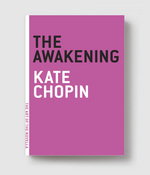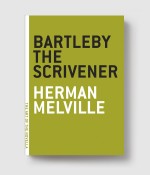
List price: $10.00
- Pages150
- ISBN9781933633169
- Publication dateDecember, 2007
- Categories
- Booksellers
- Media
- Academics & Librarians
Stempenyu
A Jewish Romance
Sholem Aleichem
Part of The Art of the Novella
“Even the most pious Jew need not shed so many tears over the destruction of Jerusalem as the women were in the habit of shedding when Stempenyu was playing.”
The first work of Sholom Aleichem’s to be translated into English—this long out-of-print translation is the only one ever done under Aleichem’s personal supervision—Stempenyu is a prime example of the author’s hallmark traits: his antic and often sardonic sense of humor, his whip-smart dialogue, his workaday mysticism, and his historical documentation of shtetl life.
Held recently by scholars to be the story that inspired Marc Chagall’s “Fiddler on the Roof” painting (which in turn inspired the play that was subsequently based on Aleichem’s Tevye stories), Stempenyu is the hysterical story of a young village girl who falls for a wildly popular klezmer fiddler—a character based upon an actual Yiddish musician whose fame set off a kind of pop hysteria in the shtetl. Thus the story, in this contemporaneous “authorized” translation, is a wonderful introduction to Aleichem’s work as he wanted it read, not to mention to the unique palaver of a nineteenth-century Yiddish rock star.
























